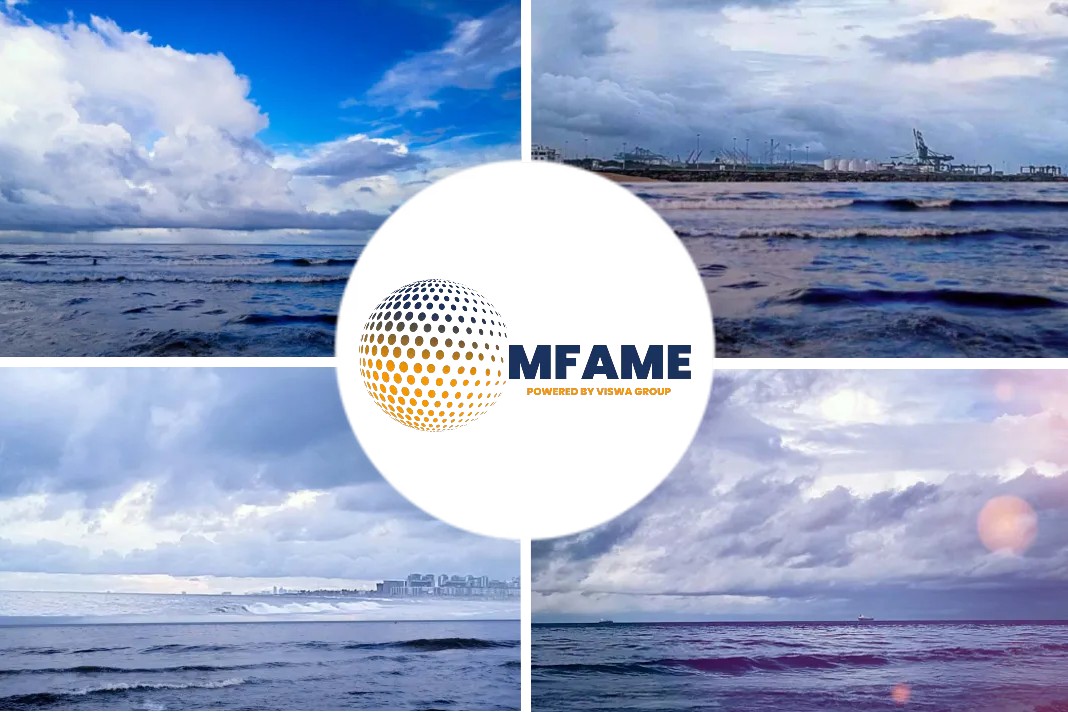
The pioneering study by the Swiss commodity trading company Trafigura demonstrates the critical contribution hydrogen-based fuels may make to the decarbonization of the maritime industry. In order to address the growing demand for low-emission fuels around the world, the study highlights the possibility for ‘Global South’ nations to generate green ammonia and green methanol at prices that are competitive.
Global South
According to the study, the ‘Global South’ has the ability to produce more than 4,000 exajoules of reasonably cost green hydrogen annually, much exceeding the estimated 20 to 40 exajoules needed for shipment. For the future needs of the shipping industry, regions in Africa, Asia, and South America have a lot of potential for producing substantial amounts of electrofuels like methanol and ammonia. These nations now have the chance to establish new export markets and generate lots of high-paying jobs.
Decarbonization Targets
The ability of the shipping sector to reach consensus on aggressive decarbonization targets and set a global price on carbon for marine fuels is crucial, according to Margaux Moore, co-author and Head of Energy Transition Research and Venture Investments at Trafigura. The cost-competitiveness of electrofuels made in the Global South is also highlighted in the whitepaper. In comparison to the USD 1,200 to USD 1,500 per tonne in Europe, production costs for electrofuels utilizing green hydrogen are anticipated to be around USD 750 per tonne in this region. Electrofuels made in the Global South are still 20% less expensive than those made in Europe, even at a price of USD 4.00 per kilogram of green hydrogen. But in order to level the playing field and promote fair competition, a carbon price is essential.
Zero-emission Fuels
According to experts, in order for the sector to comply with the Paris Agreement, scalable zero-emission fuels should account for at least 5% of the bunker market by 2030 and 27% by 2036. The authors of the report believe that it is feasible to use 5% zero-emission fuels in shipping by 2030, but that urgent action and the implementation of a carbon tax by 2025 are required to close the cost gap between existing fuels and hydrogen-derived substitutes. The IMO must take decisive action and set decarbonization targets that are supported by science in order for the shipping industry’s decarbonization to proceed as planned.
Did you subscribe to our newsletter?
It’s free! Click here to subscribe!
Source: Industryandenergy

















